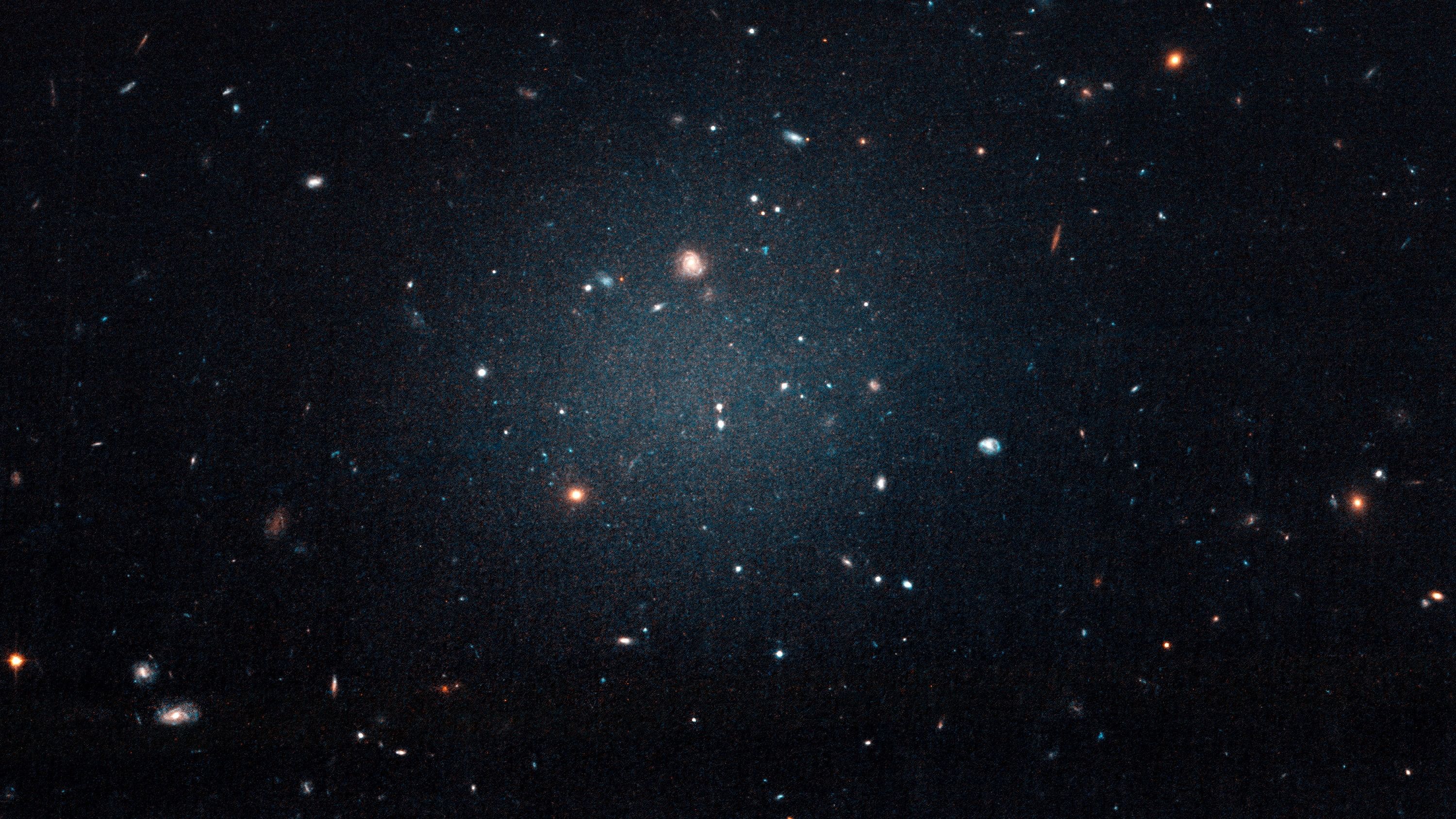
About a century back, astronomers discovered that the universe is expanding, with some suggesting that it could be the result of weakening of gravity at the edge.
Credit: Reuters Photo
New Delhi: A new model could explain the 'cosmic glitch' at the edge of the expanding universe, where gravity weakens by about a per cent, according to new research.
The widely accepted model of gravity comes from Einstein's theory of general relativity, which has been confirmed through multiple tests and experiments.
While the theory has been essential for "theorising the Big Bang to photographing black holes," scientists encounter inconsistencies in its predictions when trying to understand gravity on a cosmic scale, according to Robin Wen, a mathematical physics graduate at the University of Waterloo, Canada.
About a century back, astronomers discovered that the universe is expanding, with some suggesting that it could be the result of weakening of gravity at the edge.
"The farther away galaxies are, the faster they are moving, to the point that they seem to be moving at nearly the speed of light, the maximum allowed by Einstein's theory. Our finding suggests that, on those very scales, Einstein's theory may also be insufficient," said Niayesh Afshordi, a professor of astrophysics at the University of Waterloo.
"It's almost as if gravity itself stops perfectly matching Einstein's theory. We are calling this inconsistency a 'cosmic glitch': gravity becomes around one per cent weaker when dealing with distances in the billions of light years," said Wen, lead author of the study published in the Journal of Cosmology and Astroparticle Physics.
For more than 20 years, physicists and astronomers have been trying to create a mathematical model to explain the inconsistencies of the theory of general relativity, according to the researchers.
Wen described the newly developed mathematical model as a 'footnote to Einstein's theory,' that could partly resolve the inconsistency by modifying and extending Einstein's formulae of general relativity, without affecting its existing relevance.
"Once you reach a cosmic scale, terms and conditions apply," said Wen.
Afshordi said, "This new model might just be the first clue in a cosmic puzzle we are starting to solve across space and time."